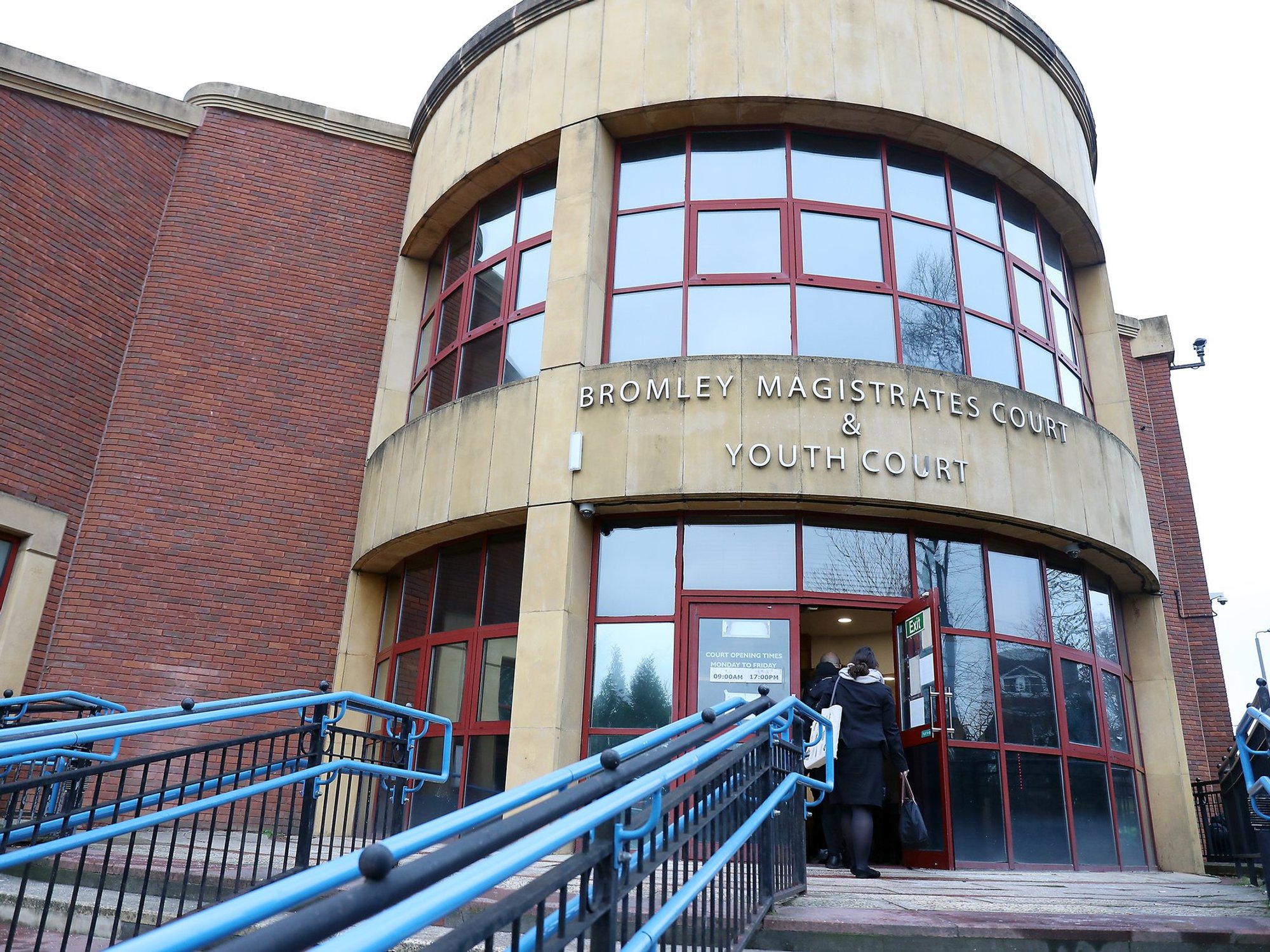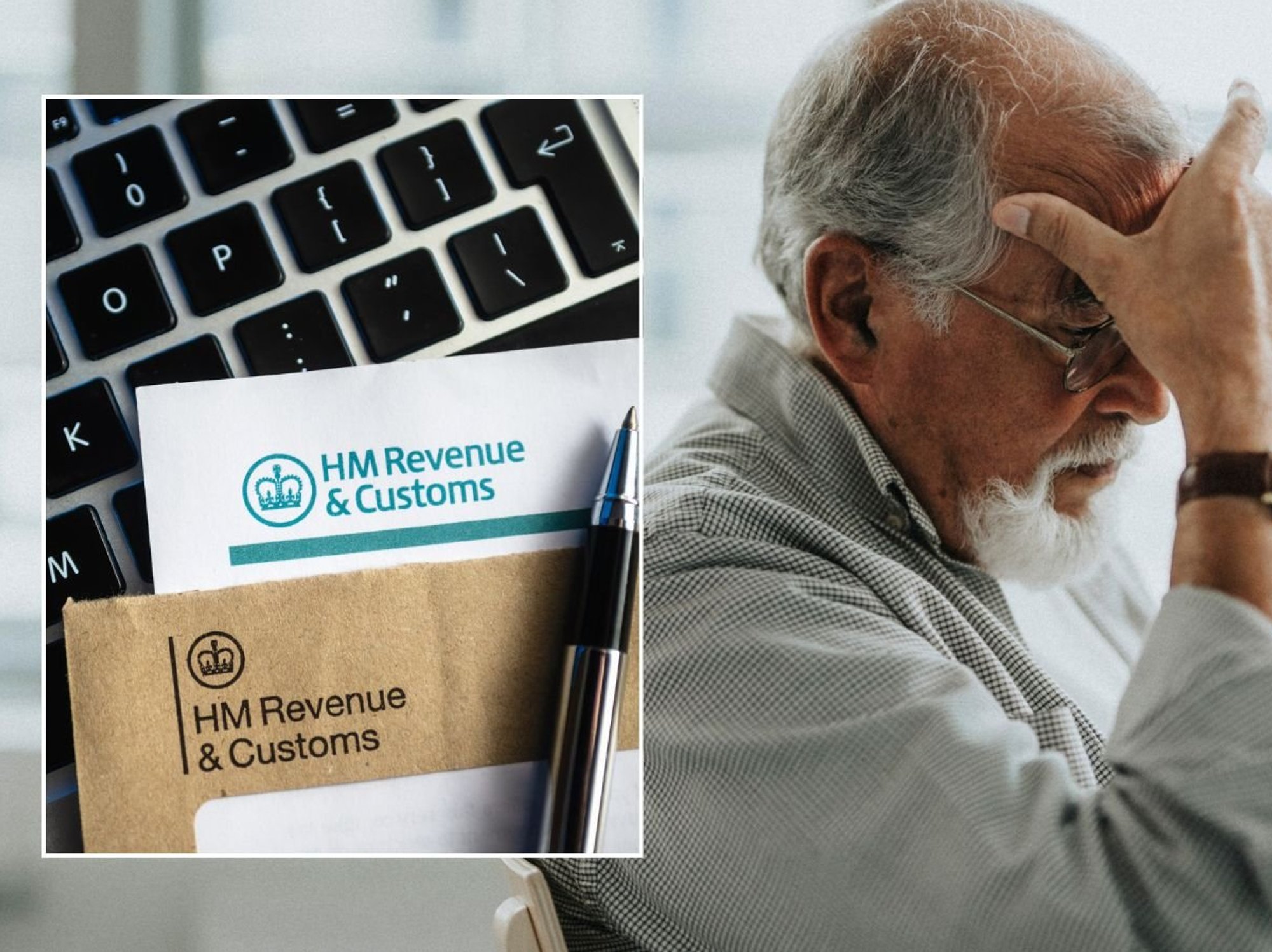Bank of England 'commits' to cash access review as 'most vulnerable' Britons see payments REFUSED
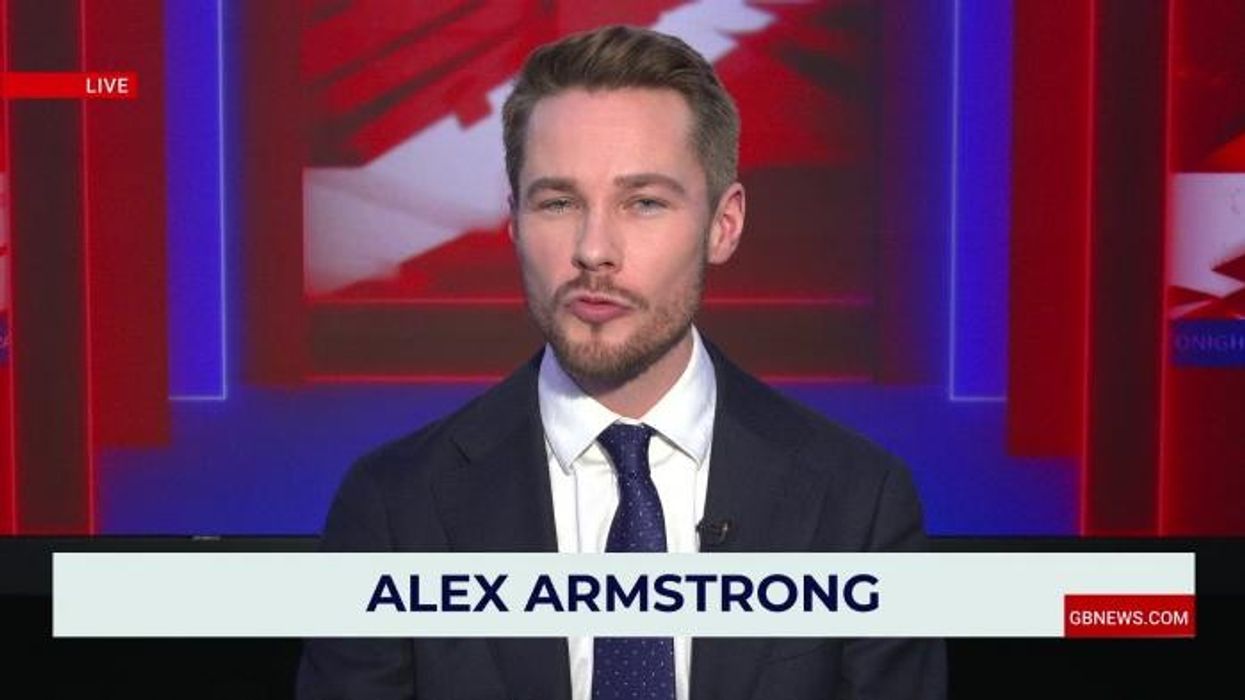
How can the public trust Rachel Reeves with hard earned cash |
GB NEWS

Access to cash services has become a growing concern among Britons
Don't Miss
Most Read
Latest
The Government has confirmed that the Bank of England will continue monitoring cash acceptance across the UK, responding to a Treasury Committee report that raised serious concerns about the impact on "vulnerable" groups when businesses refuse coins and banknotes.
Based on Government's response, the central bank has "committed" to maintaining an additional question about cash acceptance in its consumer surveys, which was first introduced in January.
This follows warnings from MPs that declining cash acceptance could create a two-tier society, with the most vulnerable citizens bearing the brunt of businesses' increasing preference for digital payments.
Expanded data collection from the Bank of England has already revealed the practical impact on consumers when shops refuse cash.

Cash acceptance in the UK is on the decline
|GETTY
According to the Government's response, eight per cent of customers who encountered a cash-free store had to visit a different shop to complete their purchase, while six per cent were unable to buy the item they wanted at all.
In a statement, the Government said: "The Bank of England regularly collects data on consumers' payment preferences, including the consumer experience of cash acceptance.
"In January, the Bank of England expanded this data collection with a new question seeking to understand the impact of a business refusing cash on individuals."
The Treasury Committee has expressed particular concern about how vulnerable groups are affected by declining cash acceptance.
Do you have a money story you’d like to share? Get in touch by emailing money@gbnews.uk.
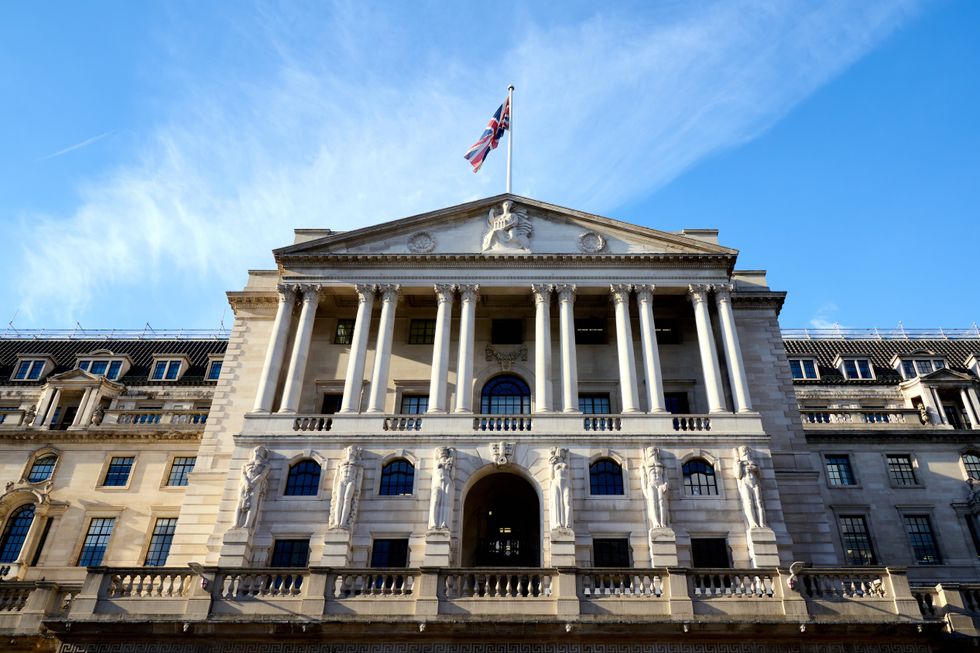
The Bank of England has pledged to review cash acceptance rates
| PAMPs identified people with learning disabilities, domestic abuse victims and the elderly as those most at risk when businesses refuse physical money.
The committee's report noted that witnesses had pointed to public transport and motorist infrastructure as sectors where cash acceptance has notably decreased.
Charities and consumers also informed MPs that local government services and council-funded facilities are increasingly operating without cash options.
Furthermore, the committee warned that without action to address these trends, the UK risks developing a two-tier society where the most vulnerable citizens face exclusion from essential services.
LATEST DEVELOPMENTS;
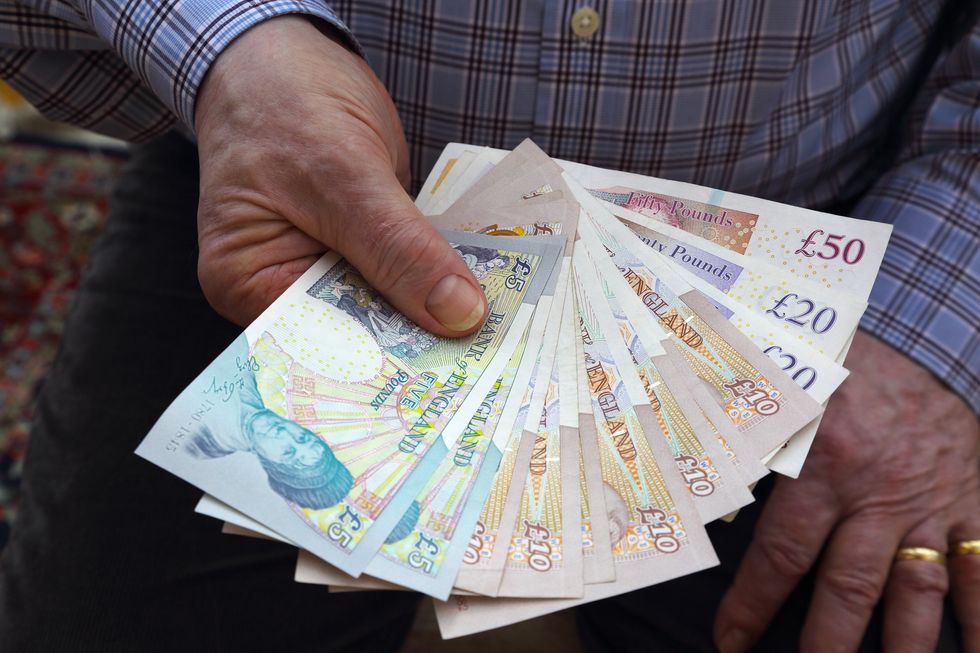
Britons are concerned about access to cash services
| GETTYDespite the Government's commitment to monitoring, Treasury Committee chairwoman Dame Meg Hillier has called for more concrete action to protect vulnerable citizens.
"The commitment from the Bank of England to continue monitoring cash acceptance is a positive first step but given the Government agree with our views in the main, we expect to see further positive measures on protecting the most vulnerable when they publish their Financial Inclusion Strategy," Hiller said.
Based on the committee's report, future regulation compelling businesses to accept cash might become necessary.
This may be needed if those dependent on physical money are not adequately supported, though the Government has indicated it currently has no such plans.
More From GB News






